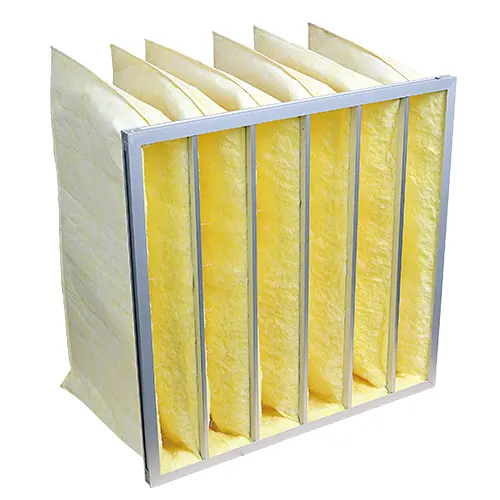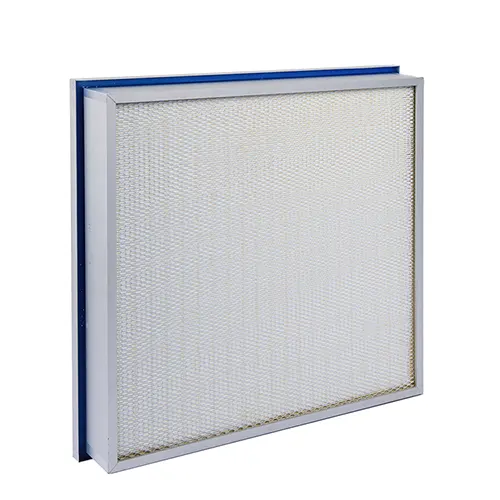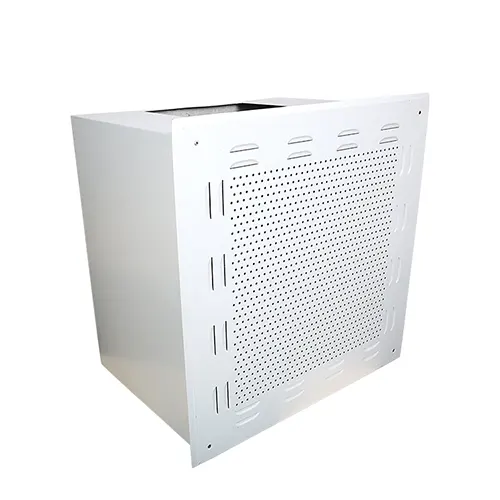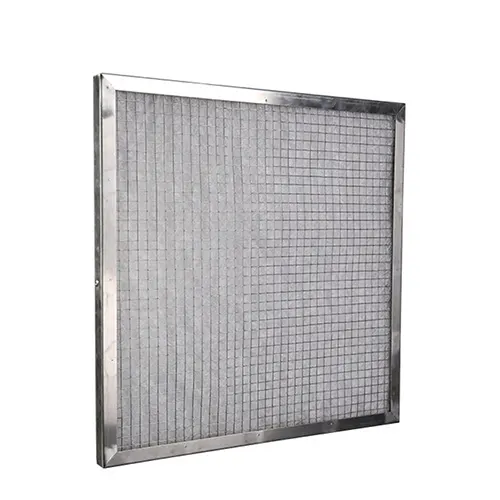The Impact of Dirty Air Filters on HVAC System Efficiency
Table of Contents:
Section 1: How Air Filters Work in HVAC Systems
Section 2: The Consequences of Dirty Air Filters
Section 3: Signs That Your Air Filter Needs Replacing
Section 4: Best Practices for Maintaining Clean HVAC Filters
Section 6: CleanLink Offers Quality Filters for All Kinds of HVAC Systems
HVAC systems play a crucial role in maintaining indoor air quality and ensuring a comfortable living or working environment.
Central to the efficiency of these systems are air filters, which capture dust, pollen, and other airborne particles to keep the air clean and the system running smoothly.
However, when air filters become dirty, they can severely impact the efficiency of the HVAC system.
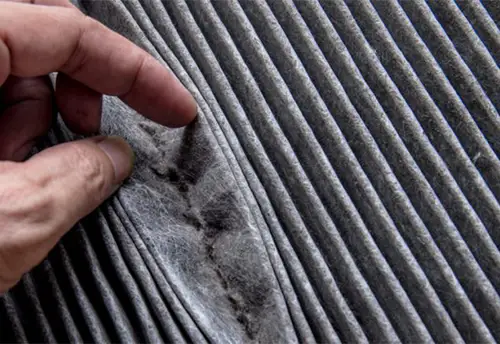
How Air Filters Work in HVAC Systems
Air filters are a critical component of HVAC (Heating, Ventilation, and Air Conditioning) systems. Their primary role is to capture airborne particles such as dust, pollen, mold spores, pet dander, and other contaminants that circulate through the air.
Role of Air Filters in Capturing Particles
Air filters are designed to remove contaminants from the air before they enter the HVAC system.
The filter material, often made from fiberglass or synthetic fibers, creates a barrier that captures particles of various sizes.
This process prevents dust and debris from accumulating on the system’s components, such as the coils and fan motor, which could otherwise lead to reduced efficiency, increased energy consumption, and system malfunctions.
How Clean Air Filters Maintain Airflow and Protect the System
Clean air filters are crucial for maintaining proper airflow in HVAC systems, allowing the system to operate efficiently and distribute air evenly.
As filters become clogged with particles, they restrict airflow, forcing the system to work harder and consume more energy.
This increased strain leads to higher energy costs and greater wear on components, reducing the system’s overall efficiency.
Regularly replacing or cleaning air filters ensures optimal airflow, protects the system, and extends its lifespan. Proper maintenance is key to keeping HVAC systems running smoothly and efficiently.
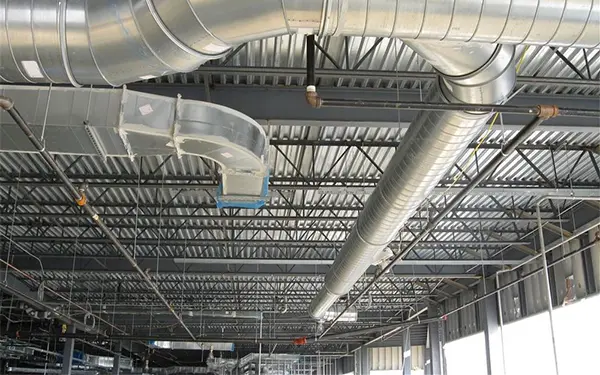
Explanation of MERV Ratings and Filter Efficiency
MERV 1-4: These filters capture large particles like dust mites and pollen but are not very effective at capturing smaller particles.
MERV 5-8: These are more efficient and can capture smaller particles, such as mold spores and pet dander.
MERV 9-12: Filters falling on this grade are suitable for residential use and can capture finer particles, including some bacteria and allergens.
MERV 13-16: High-efficiency filters capable of capturing very small particles, including smoke, bacteria, and even some viruses. These are often used in healthcare settings.
The Consequences of Dirty Air Filters
Reduced Airflow
Clogged air filters restrict the flow of air through the HVAC system, making it harder for the system to circulate air. This restriction reduces heating and cooling efficiency, causing the system to struggle to maintain the desired temperature.
Increased Energy Consumption
When airflow is restricted, the HVAC system has to work harder to push air through the clogged filter. This increased effort leads to higher energy consumption, resulting in elevated energy bills and a greater environmental impact.
Shortened HVAC System Lifespan
Dirty air filters put extra strain on critical components like the blower motor and compressor. Over time, this strain increases the likelihood of system breakdowns, leading to costly repairs and a shorter overall lifespan of the HVAC system.
Poor Indoor Air Quality
As filters become clogged, they lose their ability to capture pollutants effectively, allowing dust, allergens, and other contaminants to circulate in the air. This deterioration in air quality can pose health risks to occupants, particularly those with respiratory issues.
Inconsistent Temperature Control
A dirty filter can make it difficult for the HVAC system to maintain consistent indoor temperatures, leading to hot or cold spots in different areas. The system may wear down faster as it struggles to achieve and maintain the set temperature, leading to more frequent maintenance needs.
From Table 1. , dirty filters in Constant Speed Fan Systems significantly reduce airflow and increase pressure, which can strain the HVAC system, reduce efficiency, and lead to higher energy consumption and potential system failure.
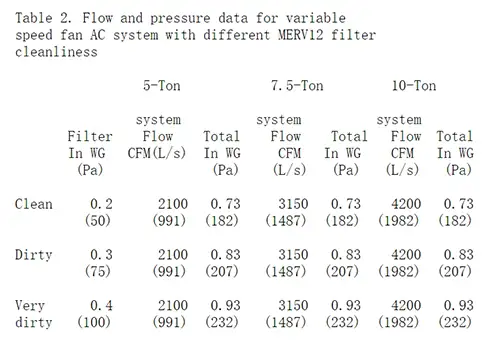 Data from: thefreelibrary.com
Data from: thefreelibrary.com
From Table 2. , Variable Speed Fan Systems maintain consistent airflow even as filters become dirty, but this comes at the cost of increased pressure and potentially higher energy usage as the system compensates for the restriction caused by dirty filters.
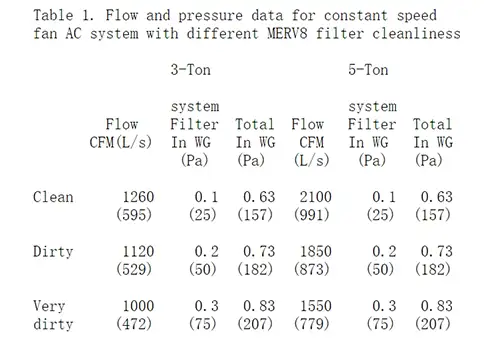 Data from: thefreelibrary.com
Data from: thefreelibrary.com
Signs That Your Air Filter Needs Replacing
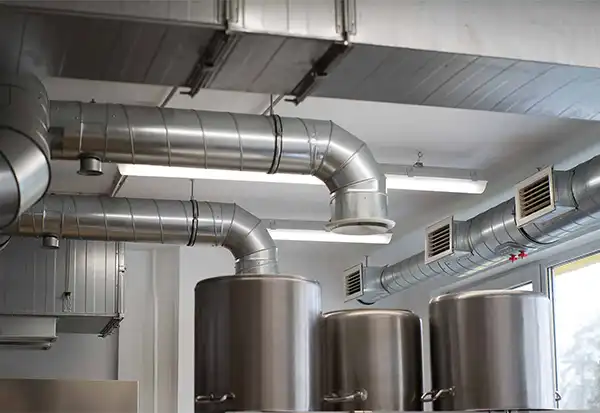 Visible Dirt and Dust Buildup on the Filter
Visible Dirt and Dust Buildup on the Filter
If you notice a significant amount of dust and dirt accumulating on your air filter, it’s a clear sign that it needs to be replaced. A clogged filter can’t effectively trap more particles, leading to reduced air quality and efficiency.
Increased Energy Bills or HVAC Running Longer Than Usual
An unexpected rise in your energy bills or a problem with your HVAC system running longer than usual could indicate a dirty air filter.
When filters are clogged, the system has to work harder to maintain the desired temperature, leading to higher energy consumption.
Reduced Airflow from Vents
If you notice that the airflow from your vents is weaker than usual, it could be due to a clogged air filter restricting the air movement.
This reduction in airflow can lead to uneven heating or cooling in your space.
Allergy or Asthma Symptoms Worsening Indoors
A dirty filter can lead to poor indoor air quality, causing allergy or asthma symptoms to worsen.
If you, your family members, or colleagues are experiencing more frequent respiratory issues, it may be time to check and replace the air filter to improve the air quality.
Best Practices for Maintaining Clean HVAC Filters
Recommendations for Filter Replacement Frequency
Residential air systems: It’s recommended to replace standard 1- to 3-inch filters every 30 to 90 days, depending on factors like filter type, household size, and whether pets are present.
Homes with pets, smokers, or allergy sufferers may need more frequent replacements, possibly every 30 days.
High-efficiency filters (like HEPA) may last longer, but they should still be checked monthly.
Commercial and industrial settings: The frequency of air filter replacement depends on the specific environment and the level of pollutants present.
For general office environments, filters may need to be replaced every 3-6 months.
In more demanding environments such as manufacturing plants, laboratories, or areas with heavy dust, filters may need to be replaced monthly or even more frequently.
Monitoring pressure drop across filters can provide a reliable indicator of when a replacement is necessary.
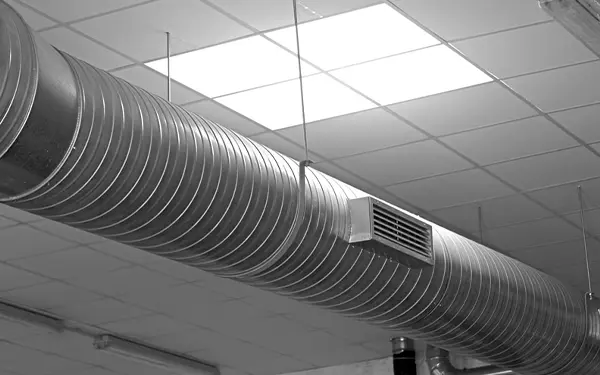
Benefits of Regular HVAC Maintenance and Inspections
Regular HVAC maintenance and inspections are key to extending the lifespan of your system and ensuring it operates efficiently.
During a maintenance check, a technician will inspect and clean components, check for wear and tear, and ensure that the system is operating at peak performance.
This includes checking and replacing air filters, which is one of the simplest and most effective ways to keep your system running smoothly.
Regular maintenance helps prevent unexpected breakdowns, improves energy efficiency, and ensures that the air quality in your home remains high.
It also allows potential issues to be identified and addressed before they become major problems, saving you money in the long run.
Conclusion
Maintaining clean HVAC filters is crucial for ensuring your system operates efficiently, improving indoor air quality, and extending the lifespan of your HVAC equipment.
Regular filter maintenance not only saves money by reducing energy consumption and preventing costly repairs but also enhances the comfort of your home or workplace by ensuring consistent airflow and temperature control.
